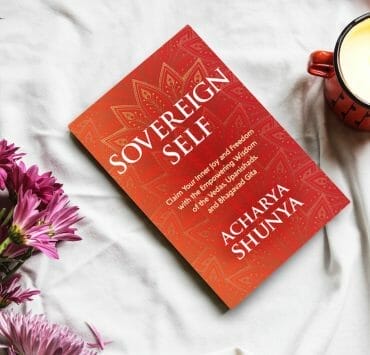Self-Care for Highly Sensitive Frontline Workers

There will be aftereffects for frontline workers fighting the pandemic, whether on a physical, emotional, mental, or spiritual level, especially those who are HSP.
Self-Care for HSP Frontline Workers
by Mel Collins
Working in front line jobs can be challenging at the best of times. Still, during this pandemic, the challenges have been intensified to levels that many have not experienced before.
Our frontline workers have not only risen to the challenges of caring and supporting everyone who has been affected by Coronavirus. Their selfless, tireless contribution has helped each of us directly or indirectly during this crisis.
But let’s be under no illusions. There will be aftereffects for frontline workers when this virus is finally under control, whether on a physical, emotional, mental, or spiritual level. How can there not be when people have been working non-stop under such stressful conditions? Our healthcare workers, in particular, have had to care for excessive numbers of people who have been fighting for their lives or dying daily over the last few months. So, their own self-care has probably taken a back seat on their list of priorities.
Many of our frontline workers are also HSPs -Highly Sensitive People. One in five people globally is born with the innate temperament trait of High Sensitivity. This means that HSPs process emotions more deeply and intensely than someone without the trait, and often for longer. They will pick up on subtleties that others are unaware of and are highly empathic. They also get acutely affected by environmental and sensory stimuli, such as being in crowds, negativity, hearing sirens, or alarms going off consistently. They have a low tolerance for high levels of stimulation. And if there is too much, their sensory nervous system goes into a state of over-arousal. They begin to feel frazzled or overwhelmed. This pandemic has left many HSP workers in constant overarousal, on a state of ‘hyper-alertness. Hence, finding ways to reduce, manage, or prevent overstimulation is paramount.
A basic strategy for preventing overstimulation is implementing the ACE method. ACE stands for Avoid, Control, or Escape. It’s a simple but effective strategy to use when going somewhere or doing something that you know will likely affect you adversely or over-stimulate your nervous system.
A – if you don’t have to go somewhere, then simply avoid it. There are, however, many situations that we don’t want to avoid or can’t avoid, such as our jobs. In these instances, we must put strategies in place to:
C- control the overstimulation. Some tips include taking regular breaks from the situation or going outside for some fresh air. Work environments aren’t easy to avoid by definition. They can be more challenging to control, which is why you’ll often find HSPs taking some time out in restrooms. Just having some quiet time sitting in a toilet cubicle might be the only way to take some time out. If schedules allow, it’s good to pencil in some ‘recovery breaks’ in their work diary between meetings or to go out in nature during their lunch breaks without taking their phones. There are many other tools and strategies, such as mindfulness, Emotional Freedom Technique (tapping on the overwhelm), meditation, energy protection, barefoot walking (for grounding), and using flower essences to help prevent or manage over-arousal. Elm, for example, is a good remedy for overwhelm and periods of depression when following your life calling feels too complicated. But if HSPs can’t control their environment or the situation, then:
E- escape! It’s ok to take some extended leave or even change your environment or job if your physical, emotional, or mental health suffers badly. After all your well-being is a priority.
The other priority for HSPs is to practice self-care and self-love as they are natural ‘givers’ and tend to put other people’s needs above their own. Taking some time out to nurture themselves daily, even for a short amount of time, can really help change how they feel. Even if it’s just taking the time to cook an excellent nutritious meal, taking a bath with aromatherapy oils, or listening to their favorite music. All these things help to reduce overstimulation in their sensory nervous system. Finally, and most importantly, HSPs really need to get at least 6-8 hours of good quality sleep.
It’s one of the best self-healing and self-care strategies of all for Highly Sensitive People.
High Sensitivity is a gift, not a flaw. It’s also a strength, not a weakness – but managing certain aspects of the trait effectively is the key to wellbeing, especially during this challenging time globally.
You will also enjoy Mistaken Identities: On Being a Highly Sensitive Person
Click HERE to Connect with your Daily Horoscope on OMTimes!
Visit Our Astrology Store for Personalized Reports
About the Author
Mel Collins is an HSP and a UK-based psychotherapeutic counselor, healer, regression therapist, spiritual teacher, and intuitive. She spent ten years working in a challenging prison environment as a former prison governor, managing substance misuse services.
She is now the author of ‘The Handbook for Highly Sensitive People – How to transform feeling overwhelmed and frazzled to empowered and fulfilled.’ (published by Watkins Publishing 2019.)
www.facebook.com/www.melcollins.co.uk/
OMTimes Magazine is one of the leading on-line content providers of positivity, wellness and personal empowerment. OMTimes Magazine - Co-Creating a More Conscious Reality





